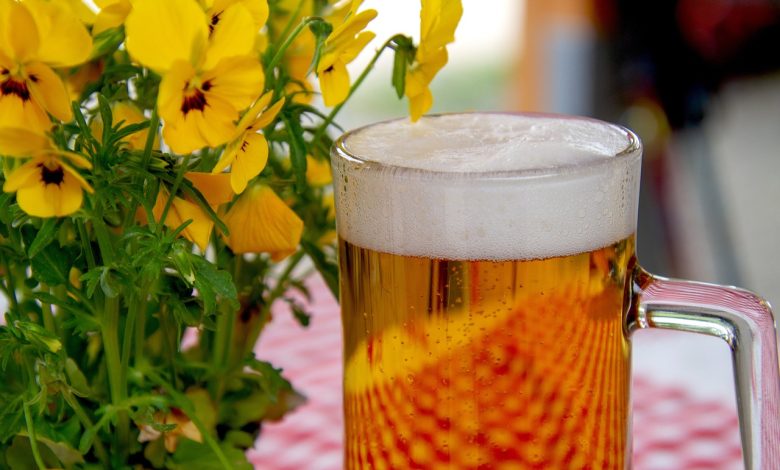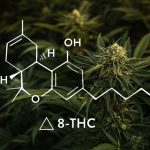Is Alcohol a Drug? Exploring the Facts

Alcohol is a widely consumed substance that has become an integral part of social and cultural activities in many parts of the world. It’s commonly found at social gatherings, celebrations, and even in everyday life. The global consumption of alcohol each day is a staggering figure that reflects the widespread use of this substance across the world. While precise daily consumption statistics can be challenging to ascertain, estimates provide valuable insights.
According to the World Health Organization (WHO), the average alcohol consumption per capita for individuals aged 15 and older was approximately 19.4 liters of pure alcohol in 2016. This translates to an average daily consumption of about 53 milliliters of pure alcohol per person globally. However, it’s important to note that this figure varies significantly from country to country due to cultural, social, and economic factors.
But have you ever wondered whether alcohol qualifies as a drug? In this article, we’ll explore the characteristics of alcohol and its classification, shedding light on the age-old debate of whether alcohol should be considered a drug.
Defining a Drug
Before we delve into the classification of alcohol, let’s first establish what a drug is. In the broadest sense, a drug is any substance that, when introduced into the body, can change its physiological or psychological function. Drugs can be categorized into various types, including prescription medications, over-the-counter drugs, and recreational substances.
Is Alcohol a Drug?
When considering whether alcohol is a drug, it’s essential to examine its properties and effects on the human body. Alcohol, in its various forms, is a psychoactive substance that affects the central nervous system. It is a depressant, which means it slows down brain function and can lead to changes in mood, perception, and behavior.
Classification as a Psychoactive Substance
Alcohol’s classification as a psychoactive substance places it in the realm of drugs. Psychoactive substances are chemicals that alter brain function, leading to changes in perception, consciousness, mood, and behavior. Alcohol fits this description as it directly affects the brain and the way it functions, making it a drug by this definition.
Historical and Legal Perspective
Historically, alcohol has been used for its mind-altering properties for thousands of years. Its consumption has been regulated and controlled by various societies and governments throughout history. In many countries, it is legally classified as a controlled substance. For instance, the legal drinking age and regulations surrounding the sale and consumption of alcohol demonstrate that it is treated similarly to other drugs in a legal context.
Physical and Psychological Effects
Alcohol consumption leads to a range of physical and psychological effects. Physically, it can impair motor skills, coordination, and judgment, similar to other drugs. It can also lead to health issues, such as liver damage, heart problems, and addiction, which are characteristics associated with many drugs.
Psychologically, alcohol can alter mood, lead to relaxation, and even induce feelings of euphoria. Conversely, it can also lead to depression, anxiety, and aggression. The mood-altering effects of alcohol are another feature it shares with various drugs, including those classified as depressants.
Addictive Potential
Another aspect that warrants classifying alcohol as a drug is its addictive potential. Regular and excessive alcohol consumption can lead to physical and psychological dependence, much like other addictive substances. Individuals who develop alcohol use disorder (AUD) experience cravings, tolerance, and withdrawal symptoms, which are defining features of substance addiction.
Comparing Alcohol to Other Drugs
To gain a better understanding of whether alcohol is a drug, it’s essential to compare it to other well-known drugs. In terms of its psychoactive effects, alcohol shares similarities with drugs like marijuana, benzodiazepines, and opioids. These substances also alter perception and mood and can lead to addiction when misused.
It’s important to note that alcohol, like many other drugs, can be consumed responsibly and in moderation. However, when abused, it can have severe negative consequences on an individual’s health and well-being, as is the case with many controlled substances.
A comparative table highlighting key aspects of alcohol and other well-known drugs showing their similarities and differences:
| Aspect | Alcohol | Marijuana | Benzodiazepines | Opioids |
| Classification | Psychoactive | Psychoactive | Psychoactive | Psychoactive |
| Legal Status | Legal in most | Varies by | Prescription | Varies by |
| countries | jurisdiction | medication | jurisdiction | |
| Impact on Central Nervous System | Depressant | Depressant | Depressant | Depressant |
| Physical Effects | Impaired motor skills, liver damage, heart problems | Altered perception, relaxation, increased heart rate, dry mouth | Sedation, muscle relaxation | Pain relief, euphoria, sedation, respiratory depression |
| Psychological Effects | Mood alteration (e.g., relaxation, anxiety, aggression) | Euphoria, relaxation, altered perception, impaired memory | Euphoria, relaxation, reduced anxiety | Euphoria, relaxation, reduced anxiety |
| Addictive Potential | High (can lead to addiction) | Moderate to high potential | High (can lead to addiction) | High (can lead to addiction) |
Please note that the impact and effects of these substances can vary significantly based on individual factors, including dosage, frequency of use, and a person’s unique physiology. Responsible use and adherence to legal regulations are essential considerations for all these substances.
Conclusion
In conclusion, alcohol can be classified as a drug due to its psychoactive properties, historical usage, legal regulation, physical and psychological effects, and addictive potential. While alcohol may be a culturally accepted and widely consumed substance, it shares many characteristics with other drugs. Understanding alcohol as a drug can help individuals make informed decisions regarding its consumption and promote responsible use to mitigate potential health risks.





